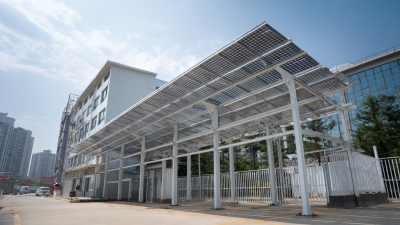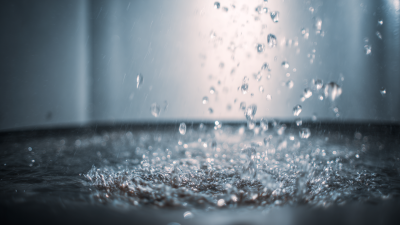Leave Your Message
As the demand for energy efficiency continues to rise, the importance of understanding heating technologies becomes paramount. According to the U.S. Department of Energy, heat pump heaters can be up to 50% more efficient than traditional heating systems, making them an increasingly popular choice for homeowners looking to reduce their energy consumption and carbon footprint. In fact, a report by the International Energy Agency highlights that the adoption of heat pump heaters has surged, with installations expecting to increase by 10% annually over the next decade. This guide aims to provide a comprehensive understanding of heat pump heaters, their operational mechanisms, advantages, and considerations for selection, ensuring that readers can make informed decisions for a more energy-efficient living environment.
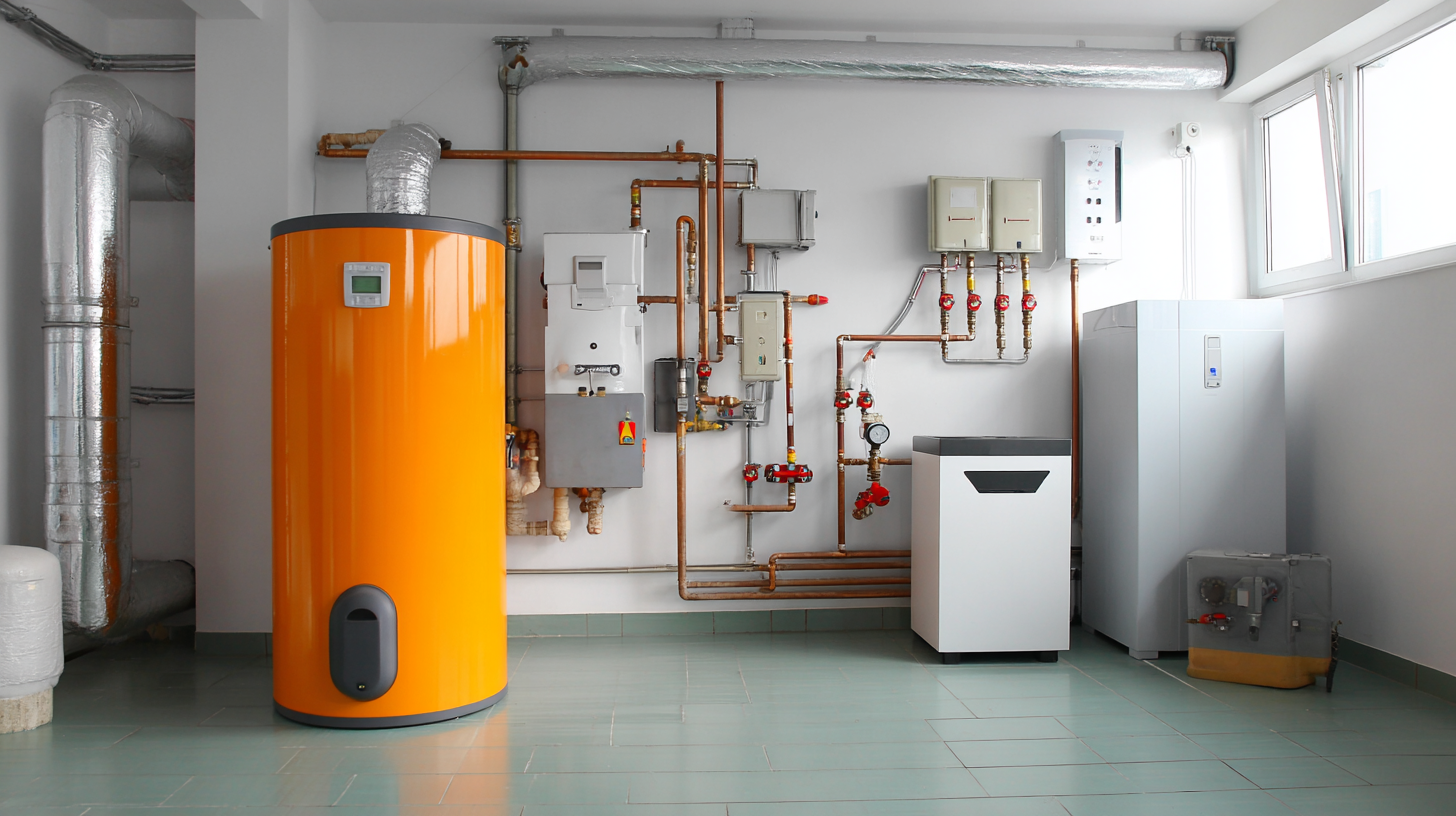
Heat pump heaters are becoming an essential solution for energy-efficient living, especially as advancements in technology continue to improve their functionality and efficiency. There are several types of heat pump heaters, each with unique features suited to different residential needs. Air-source heat pumps are commonly used for heating and cooling and can efficiently transfer heat even in colder climates. Ground-source heat pumps, also known as geothermal heat pumps, utilize the earth's constant temperature to provide reliable heating and cooling, making them highly efficient for sustainable energy use.
Recent research highlights the potential energy savings and operational efficiencies of various heat pump systems, particularly in residential settings. A comprehensive analysis of real-world data from over a thousand heat pumps across Central Europe revealed significant opportunities for optimizing energy use based on specific model characteristics and environmental conditions. As the demand for more sustainable living solutions grows, innovations such as integrating heat pumps with energy storage systems will likely emerge, further enhancing their capabilities in smart cities of the future.
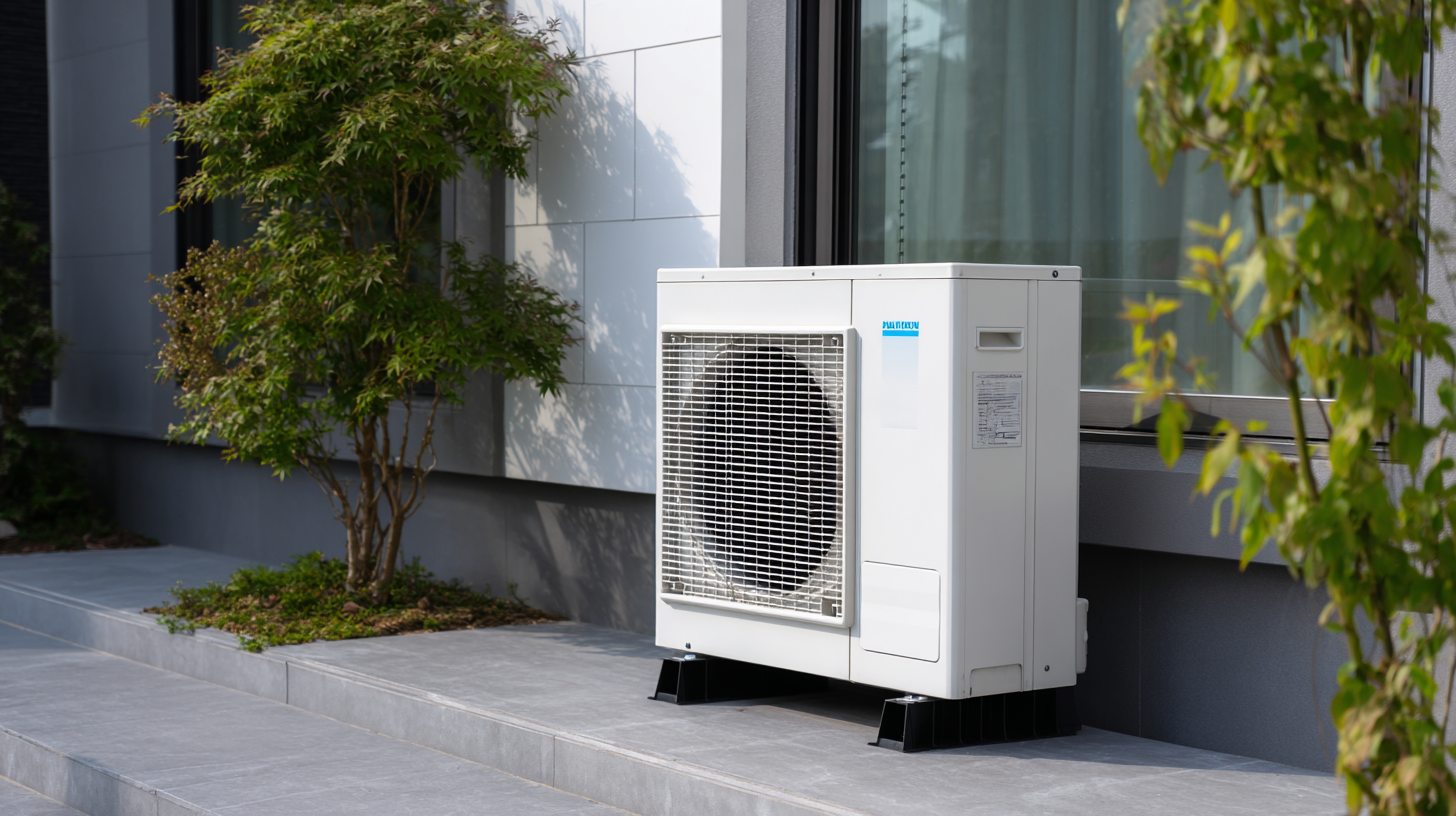 Heat pump heaters are a revolutionary solution for energy-efficient living, utilizing the principles of thermodynamics to transfer heat rather than generating it through combustion. This process involves extracting heat from the air, ground, or water and amplifying it to warm your home. Unlike traditional heating methods that expend significant energy, heat pump heaters operate on electricity, making them far more efficient. They can achieve efficiencies of over 300%, meaning for every unit of energy consumed, they can produce several times that in heat.
Heat pump heaters are a revolutionary solution for energy-efficient living, utilizing the principles of thermodynamics to transfer heat rather than generating it through combustion. This process involves extracting heat from the air, ground, or water and amplifying it to warm your home. Unlike traditional heating methods that expend significant energy, heat pump heaters operate on electricity, making them far more efficient. They can achieve efficiencies of over 300%, meaning for every unit of energy consumed, they can produce several times that in heat.
Tips for optimizing your heat pump heater include ensuring that your home is well-insulated to prevent heat loss. This will allow your heat pump to operate more efficiently and maximize its energy savings. Additionally, consider annual maintenance, such as cleaning or replacing air filters and checking refrigerant levels, to keep your system running smoothly. Finally, using a smart thermostat can help you efficiently manage your heating requirements, adapting to your lifestyle and weather changes.
Another vital aspect to consider is the sizing of your heat pump heater. A unit that is too small will struggle to maintain comfortable temperatures, while one that is too large can lead to short cycling, reducing efficiency and lifespan. Consulting with a professional can help determine the right size for your specific needs, ensuring optimal performance and energy savings throughout the year.
Heat pump heaters are becoming increasingly popular for those seeking sustainable energy consumption in their homes. One of the primary benefits of these systems is their exceptional energy efficiency. Unlike traditional heating methods, heat pumps transfer heat rather than generate it. This means they can produce several times more energy than they consume, translating into significantly lower utility bills and a reduced carbon footprint. By harnessing ambient heat from the air or ground, heat pump heaters minimize reliance on fossil fuels, making them an environmentally friendly choice for residential heating.
In addition to their efficiency, heat pump heaters offer versatility and can be used for both heating and cooling. This dual functionality means homeowners can invest in one system that provides comfort year-round, further optimizing energy consumption. Many modern heat pumps come equipped with smart technology that allows for precise temperature control and energy monitoring, enabling users to maximize their efficiency and savings. As awareness about climate change and sustainable living grows, integrating heat pump heaters into homes represents a significant step towards reducing environmental impact while enjoying a comfortable living space.
Heat pump heaters are an excellent solution for energy-efficient living, offering a variety of options tailored to different needs. In this guide, we delve into three primary types of heat pumps: air source, ground source, and water source. Each type has its unique advantages and suitability for different environments. Air source heat pumps extract heat from the air, making them ideal for moderate climates, while ground source systems take advantage of the Earth's stable temperature, providing consistent heating and cooling regardless of the outside weather. Water source heat pumps utilize nearby water bodies for heat exchange, which can be highly efficient but requires access to a suitable water source.
**Tips:** When selecting a heat pump, consider the climate in your area. Air source heat pumps may lose efficiency in extremely cold conditions, while ground source pumps are more constistent. Additionally, evaluate your property’s layout: ground source systems require significant space for underground loops, whereas air source units can often be installed in compact settings. It's also crucial to assess local energy costs, as they can influence the long-term savings achieved with each type of heat pump.
Another key factor is the installation and maintenance costs. Water source heat pumps can have higher initial investment costs but might offer energy savings in the long run if operated efficiently. Always consult a professional to ensure the heat pump you choose meets your heating and cooling needs without oversizing or underestimating your requirements. This will optimize your energy efficiency and comfort throughout the year.
| Heat Pump Type | Efficiency (COP) | Installation Cost ($) | Operating Cost ($/year) | Lifespan (Years) | Suitable Climate |
|---|---|---|---|---|---|
| Air Source Heat Pump | 3.0 - 4.0 | 3,000 - 8,000 | 500 - 1,200 | 15 - 20 | Mild to Moderate |
| Ground Source Heat Pump | 4.0 - 5.0 | 10,000 - 25,000 | 400 - 800 | 20 - 25 | All Climates |
| Water Source Heat Pump | 3.5 - 5.0 | 5,000 - 15,000 | 300 - 700 | 15 - 20 | Near Water Sources |
Choosing the right heat pump heater for your home involves several key considerations that can significantly impact energy efficiency and cost-effectiveness. According to the U.S. Department of Energy, heat pumps can reduce energy costs by up to 50% when compared to traditional heating systems. It’s essential to evaluate the heating performance ratings, commonly indicated by the Heating Seasonal Performance Factor (HSPF). A higher HSPF rating signifies a more efficient unit, with models exceeding 10.0 being classified as highly efficient.
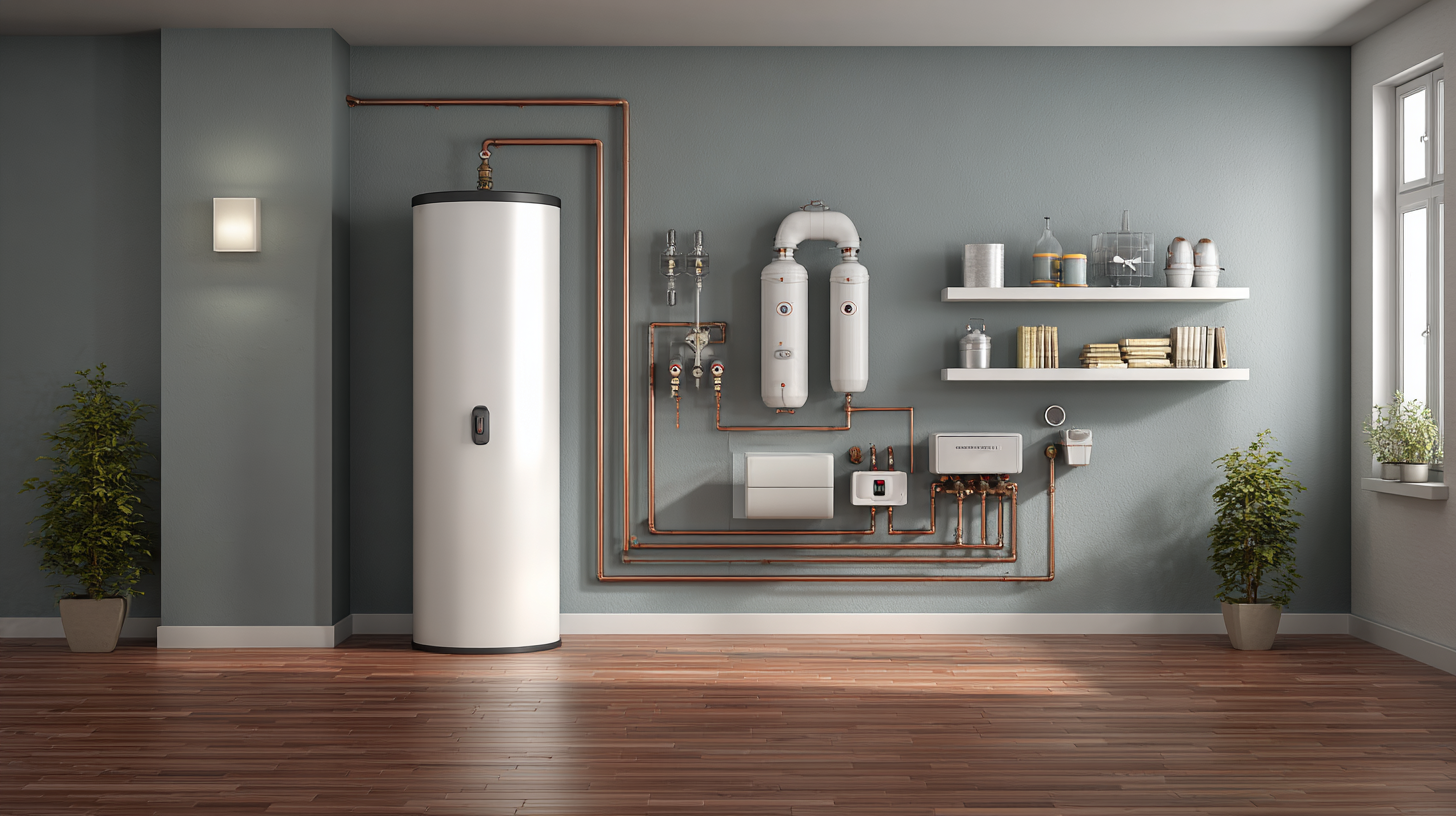
Another critical factor is the sizing of the heat pump. An oversized unit will cycle on and off too frequently, leading to wear and tear and decreased energy efficiency. Conversely, an undersized unit may struggle to maintain desired temperatures, resulting in higher energy consumption. The Energy Star program suggests calculating the specific needs of your home based on square footage, insulation quality, and local climate to select the right capacity. Furthermore, consider the installation placement, as inadequate outdoor air circulation can severely diminish performance. By carefully considering these aspects, homeowners can maximize energy savings and ensure a comfortable living environment.




